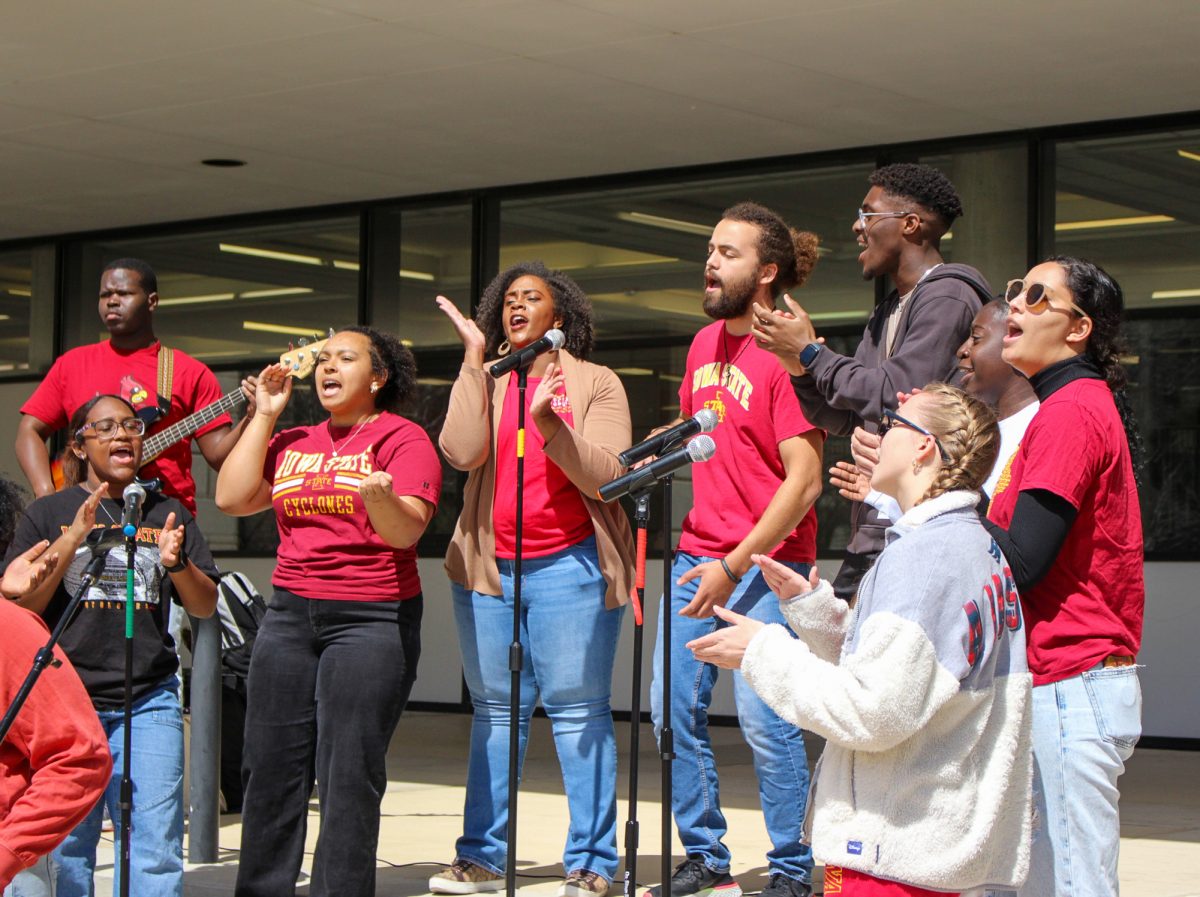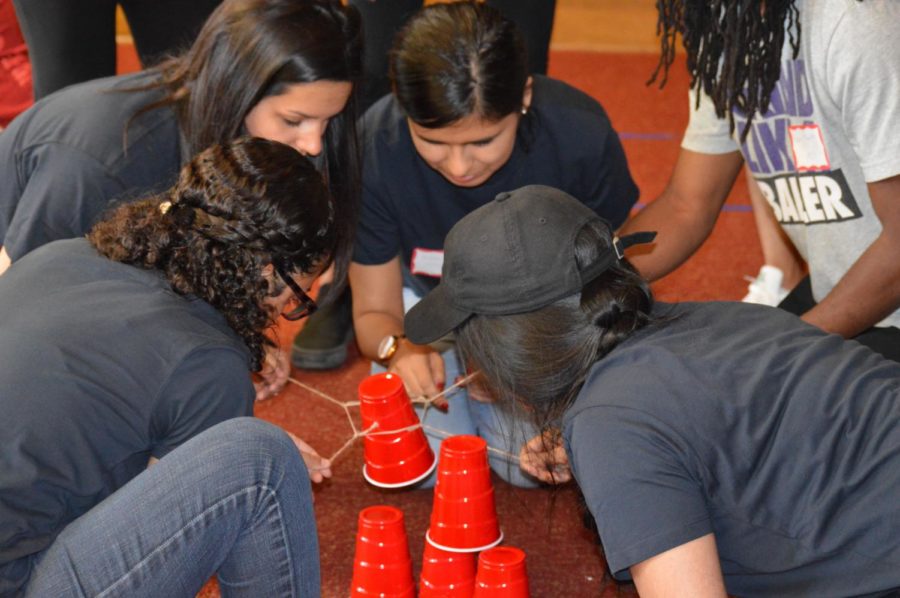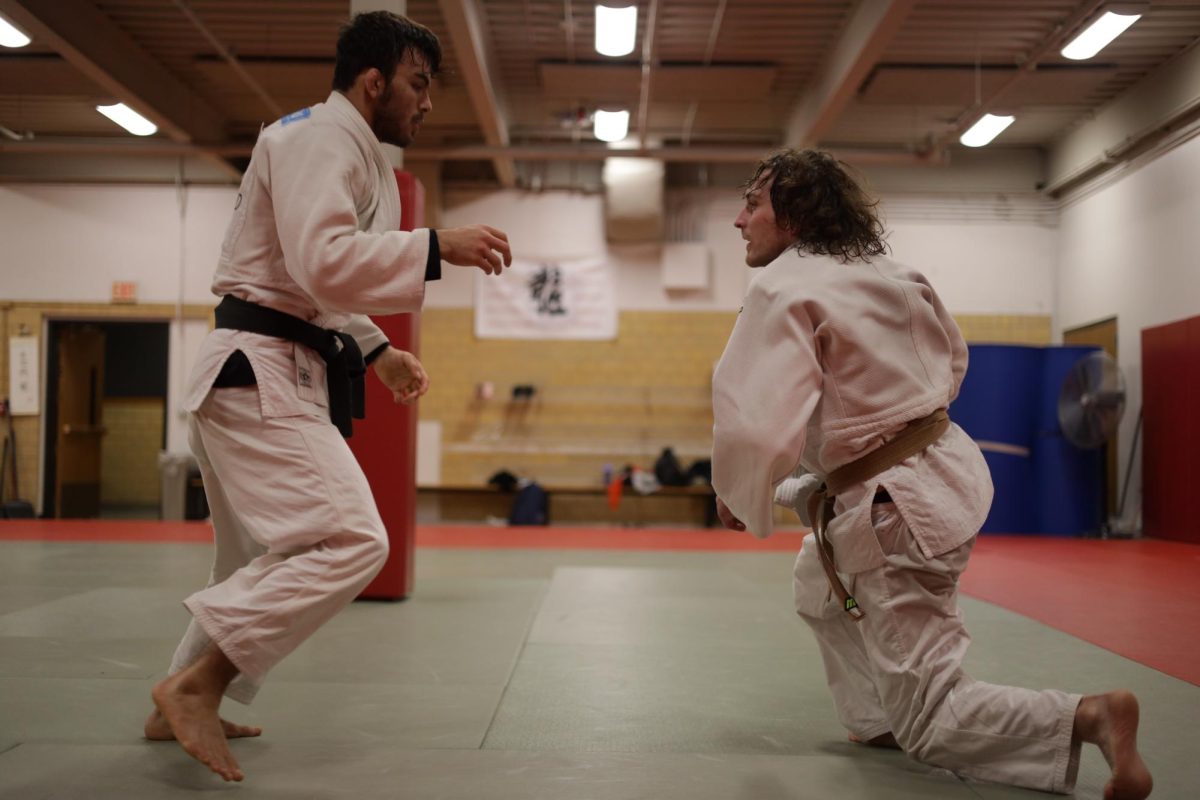The Women’s and Gender Studies program held its annual student conference 9 a.m. to 4 p.m. Saturday at the Memorial Union.
The event featured keynote speaker Meggie Mapes, a professor of communication students at the University of Kansas, as well as opening speaker Jordan Mix, director of educational programming for Iowa Safe Schools.
Mapes’ talk discussed carceral feminism, detailing feminism within the incarceration system.
In her talk, Mapes said that one of the difficult parts about justice questions is that it enables everyone say, “We’re gonna allow the justice system to figure it out for us.”
“That’s the kind of anchor if it’s proven to be true or false, that will be seen within that, that sort of idea or that framework,” Mapes said. “One of the things we have to ask ourselves is, ‘What is justice for us then?’ And it becomes very difficult to have conversations about carceral feminism because we really want to know, what do we do about this violent thing that has already occurred? What do we do? We have to do something.”
Mapes said people should look at these questions. “How do we parent young support? What would it mean for us to think about how masculinity is constituted across contexts? How do we have a kind of future-oriented, transformative approach to justice?”
“Because otherwise, we get not that we can’t and shouldn’t be thinking about community responses for when violence does happen, or when we continue to vote for people or people continue to find their way into positions of power that abuse that power,” Mapes said.
In her talk, Mapes also encouraged people to think about how to stop the creation of socialization, hierarchies and contexts that allow and applaud the abuse of power.
“What does a kind of user-oriented account of justice look like? And that’s a hard question because it’s not a question we ask very regularly because we have experienced so much oppression that we feel and get trapped in the model of survival right now,” Mapes said. “How do I help my community members survive right now? How do I get them to feel safe?”
Mapes said she thinks customer feminists are good at rationalizing and telling narratives that support engagement.
“The justice system is also helpful in rationalizing itself by saying this is how the process works, and so we have a kind of benchmark for what evidence looks like, and that’s the kind of mechanism of legitimacy that we have,” Mapes said.
Mapes said the reason the justice system gained legitimacy was not that it was interested in promoting people having complex conversations about all types of gender violence; it was interested in using white victimhood narratives to talk about the best kind of victims against before, which is violence on white women.
“So already, even when those narratives were occurring, it was leaving out black community members, it was leaving out trans community members, it was leaving out transnational community members, and so personal feminine has always already been tied to that, this is the kind of narrative,” Mapes said.
Shantal Rincon, a senior in chemistry, said the themes of the conference were more dynamic since she is a chemistry major, which has nothing to do with women and gender studies. Rincon said learning about women and gender studies and having a community there is important.
“I think one of the speakers talks a lot about things like community, and there’s a lot of individualism in our communities,” Rincon said. “But with women in general, it’s a lot about talking to each other to understand each other. The most important thing about women in gender studies is the fact that you’re meeting face to face and actually getting to know people who actually experience the natural number.”
Rincon said getting into topics that some may not be comfortable with is still important in conversations.
“I feel like you don’t see that until you push yourself to have those conversations with people,” Rincon said.















Christian | Apr 23, 2024 at 6:59 am
What is a woman?